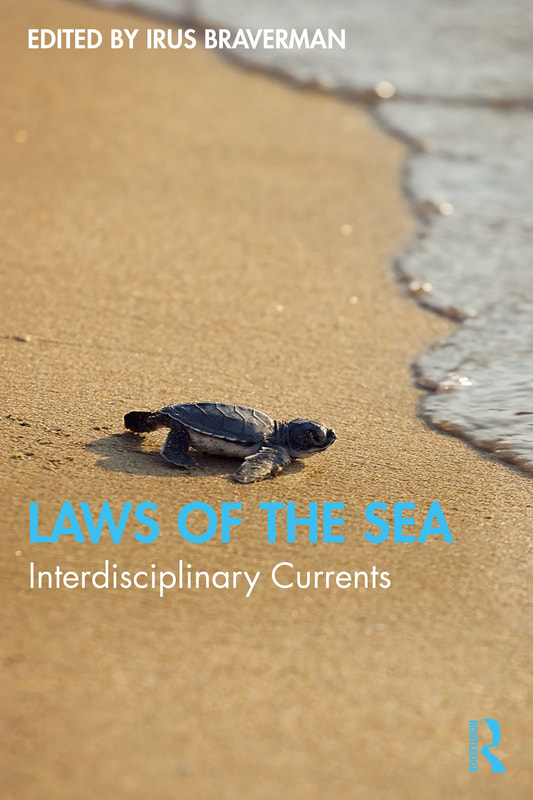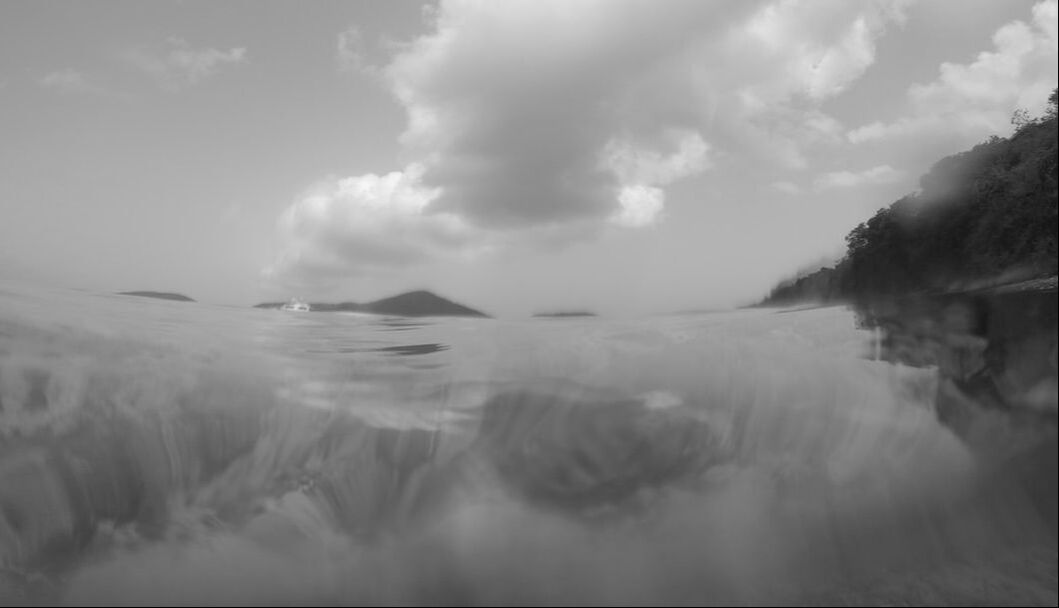|
Laws of the Sea: Interdisciplinary Currents assembles scholars from law, geography, anthropology, and environmental humanities to consider the possibilities of a critical ocean approach in legal studies.
Unlike the United Nations’ monumental Convention on the Law of the Sea, which imagines one comprehensive constitutional framework for governing the ocean, Laws of the Sea approaches oceanic law in plural and dynamic ways. Critically engaging contemporary concerns about the fate of the ocean, the collection’s twelve chapters range from hydrothermal vents through the continental shelf and marine genetic resources to coastal communities in France, Sweden, Florida, and Indonesia. Documenting the longstanding binary of land and sea, the chapters pose a fundamental challenge to European law’s “terracentrism” and its pervasive influence on juridical modes of knowing and making the world. Together, the chapters ask: is contemporary Eurocentric law—and international law in particular—capable of moving away from its capitalist and colonial legacies, established through myriad oceanic abstractions and classifications, toward more amphibious legalities? |
ReviewsThe human impact on the atmosphere is a matter of intense common concern. The human impact on the ocean, humanity’s other ultimate common good, must also be studied at the empirical and legal and conceptual levels, enabling a more sophisticated legal response. This ground-breaking book is a major contribution to that study.
—Philip Allott, Professor Emeritus of International Public Law, Cambridge University These thought-provoking, imaginative essays push beyond conventional representations of the oceans as distinctive legal spaces. The authors connect deeply researched case studies to new analytical approaches to maritime legal geographies. —Lauren Benton, Barton M. Biggs Professor of History and Professor of Law, Yale University We are at a critical juncture in ocean governance. This collection raises important questions that highlight both the explicit and the less explicit choices in future ocean governance, including whether the existing legal architecture should be fixed or remade. The unique timing of this collection makes the questions tackled in this book not only academically interesting for the multiple disciplines represented, but of immense practical importance for our shared future. —Lisa Campbell, Rachel Carson Distinguished Professor of Marine Affairs and Policy, Duke University The sea is a space of law—and more, exactly, laws, plural. As the contributors to this book teach us across a range of powerful near-shore, open-ocean, deep marine, and aquabiotic cases, legal abstractions now saturate, slice up, and, sometimes, sicken the sea itself. Tuning to how law in fact operates as amphibious—mixing land and sea—this book is a brief for re-mapping sea law in ways at once more empirical and more just. —Stefan Helmreich, Elting E. Morison Professor of Anthropology, Massachusetts Institute of Technology This is a wonderful series of critiques of traditional law of the sea. The authors show the utter inadequacy of formal distinctions such as those between territorial sea and the high seas to the interdependent reality of the ocean space. From a number of interdisciplinary perspectives, they develop a pertinent critique of the extractive bias in the UN Convention on the Law of the Sea. They also demonstrate the destructive consequences of deep-sea mining on vital life forms on the abyssal ocean floor and implore the law’s ignorance of the importance of ice for the living conditions of Arctic peoples. Although much information on marine ecosystems has been collected since the conclusion of the Law of the Sea Treaty in 1982, very little is still known of how present and planned activities affect biological diversity and seabed features such as hydrothermal vents. The essays in this collection present a kaleidoscopic image of the innumerable ways in which human and marine lives are dependent on each other. The result is a pertinent warning against allowing superficial economic interests to determine the ways in which human activities relate to the ocean world. —Martti Koskenniemi, Emeritus Professor of International Law, University of Helsinki The wateriness of law is longstanding. Colonial domination, slavery, and indentured labor were enabled by an amphibious assault of power/ knowledge. But in most accounts, the watery spaces and beings of this planet remain over-determined by land-based notions of sovereignty, and laws “grounded” on islands, shorelines, and continental contiguities. This collection of timely and evocative essays shatters the land/sea binary, and breaks down the borders of life/non-life. Moving across the seabed to river deltas, marine genetic resources, and fisheries, the book is a rich collection of the new forms of knowledge and epistemic practices needed in order to appreciate amphibious legal geographies. This book, then, is a raft that may help life and non-life survive the toxic legacies of western legal abstraction. —Stewart Motha, Professor of Law, Birkbeck University of London |
Related ArticlesForthcoming
Related Book Chapters(2022). “Genetic Freedom of the Seas in the Age of Extractivism: Marine Genetic Resources in Areas Beyond National Jurisdiction.” In Irus Braverman (ed.). Laws of the Sea: Interdisciplinary Currents (forthcoming, Routledge).
(2022). “Amphibious Legal Geographies: Toward Land-Sea Regimes.” In Irus Braverman (ed.). Laws of the Sea: Interdisciplinary Currents (forthcoming, Routledge). Related MediaShort Film: BOOK INTRODUCTION
Video: “Theorizing Law of the Sea in Context.” Norwegian Centre for the Law of the Sea (NCLOS) Faculty of Law, UiT—The Arctic University of Norway. August 27, 2020 (virtual talk). |

